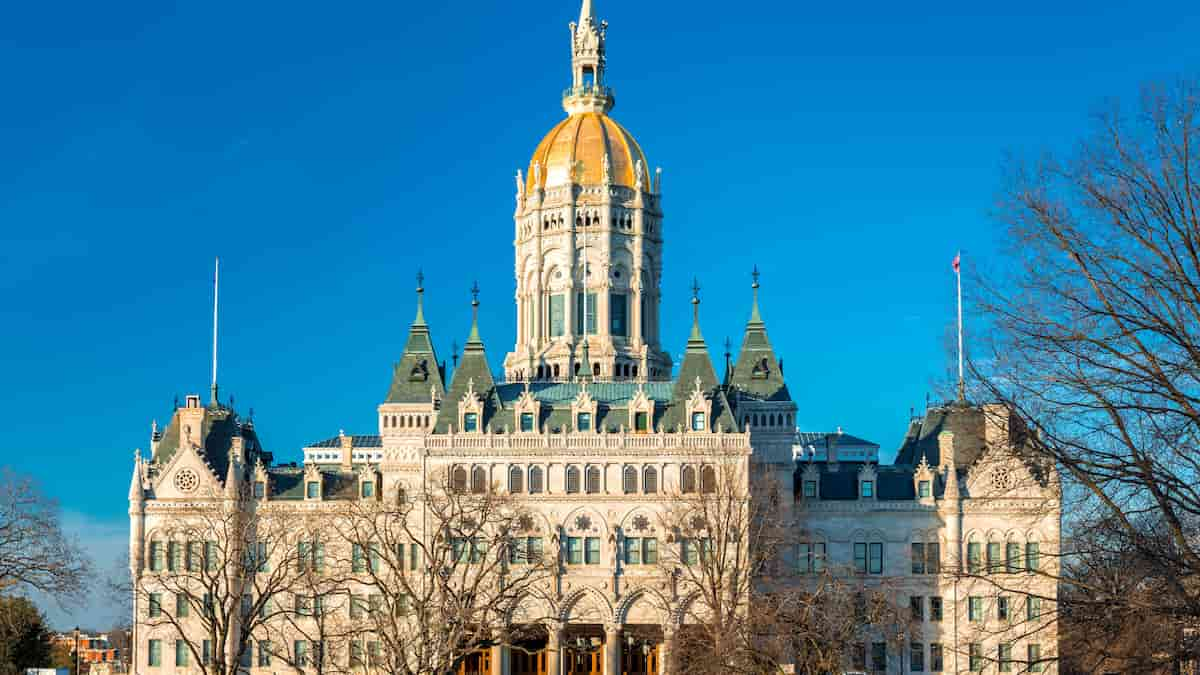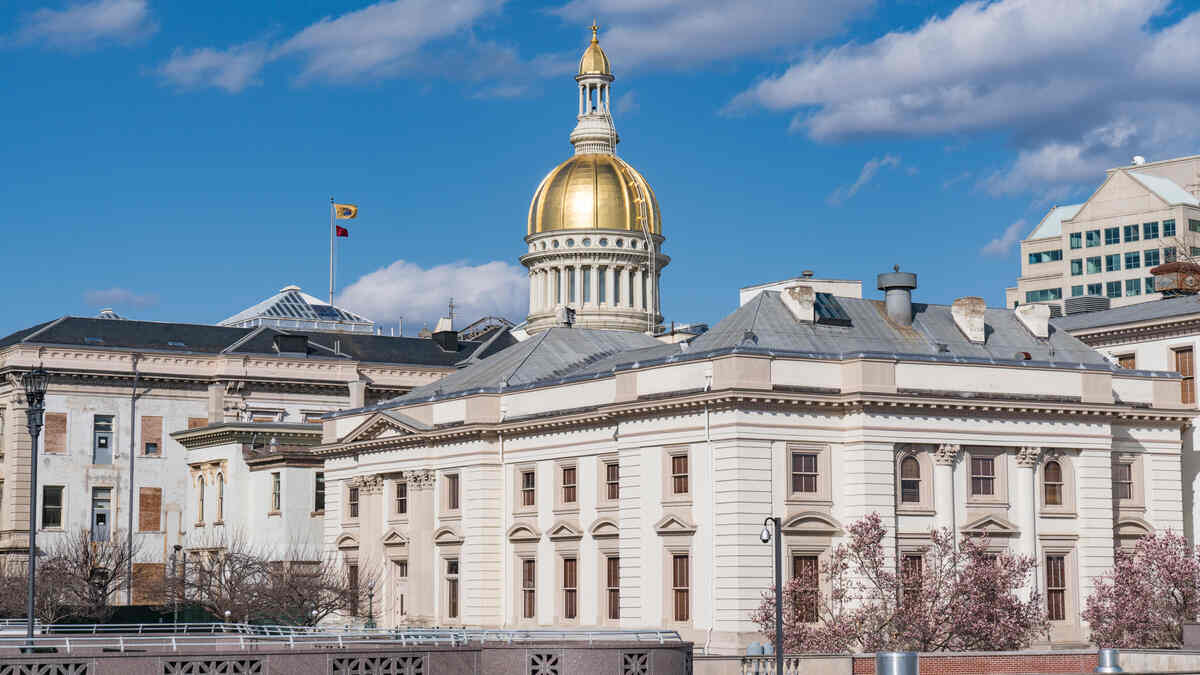everal anti-sweepstakes casino bills made some last-minute progress across the country this week, though it remains to be seen if it is too little too late in some of these state capitols.
The Pelican State
House lawmakers in Baton Rouge, facing a June 12 adjournment, finally found the time to unanimously pass SB 181, which had already passed unanimously through the Senate the previous month.
If Governor Landry signs the bill as expected, it will put Louisiana just a few weeks behind Montana as the second state to outlaw the so-called dual currency sweepstakes casino model. The broad bill may also allow state law enforcement to target grey market offshore operators, as it outlaws most uses of unlicensed casino-style gaming on any digital device.
Nor does the law just stop with casino operators. It would also target vendors, affiliates, and advertisers, with penalties of up to $100,000 and a five-year prison term. Felonies like that are bound to catch the attention of anyone weighing the risk of operating in one of the poorest states in the nation. It’s unlikely the betting business in the Bayou State would be worth that kind of gamble.
The Nutmeg State

Also facing down the clock, Connecticut House legislators also waited until the next-to-last day of the session to unanimously approve their anti-sweeps bill, SB 1235. It had also passed unanimously out of the Senate in April.
The governor can either sign the bill, making it law, or wait 15 days without vetoing it. In either case, it will still become law. Only an outright veto can stop it at this point. While this law is more narrowly tailored and only seeks Class A misdemeanors for operators, it still carries serious weight.
The bulk of the law simply prohibits individuals conducting promotional or sweepstakes drawings from allowing participants to engage in real or simulated online casino gaming. It does lay out Class D felonies for those engaging in “professional gambling,” but probably the most important part of the law is the expansion of the role of the Connecticut Consumer Protection Agency. Gaining additional enforcement mechanisms, they could more easily pursue bad actors both online and in grey market, brick-and-mortar locations.
Notably, the law would still allow grocery stores and fast food restaurants to operate sweepstakes games as long as they were tied to the actual promotion of items for sale and did not award cash.
Also buried in the law is an actual small expansion of legal gambling. SB 1235 would authorize Governor Ned Lamont to negotiate Connecticut’s participation in the Multi-State Internet Gaming Agreement.
This is basically an online poker compact between states that allows them to pool players and prize money across state lines. Connecticut would join six other states in allowing their citizens to compete, including Pennsylvania, Michigan, New Jersey, Delaware, West Virginia, and Nevada.
The Garden State

New Jersey legislators have considerably more time on their hands. The current legislative session in Trenton continues until early next year. And so, current bills targeting sweepstakes casinos are a bit further back in the timeline. Still, both Senate Bill 4282 and its bookend legislation in the Assembly, A5447, have recently passed out of committee.
SB 4282, much as in the Connecticut bill, gives new powers and laws to the New Jersey Division of Consumer Affairs to target sweepstakes casinos and more clearly defines what an illegal dual currency sweepstakes casino is. It also carries the risk of possible criminal charges and civil fines for violating these laws.
While SB 4282 successfully moved out of the Wagering, Tourism, and Historical Preservation Subcommittee, it now heads to the much more prominent and complex Ways and Means Committee. There, it will face a more reliable test of its chances for passage or whether it will be left to die, like many other casino sweepstakes bills during the 2025 legislative session.
Conclusion
While Montana, Connecticut, and Louisiana appear to have had success in passing laws limiting or outright banning the sweepstakes casino model, similar bills failed in almost a dozen other states, and the rest didn’t take up the fight at all or chose to do so through the courts instead of through the legislature.
It’s still far too early to read the tea leaves on the New Jersey bill, let alone the 2026 legislative session, but what we can say with some confidence is that the sound and fury surrounding the sweepstakes model and the even newer and more controversial prediction markets is unlikely to abate anytime soon.

